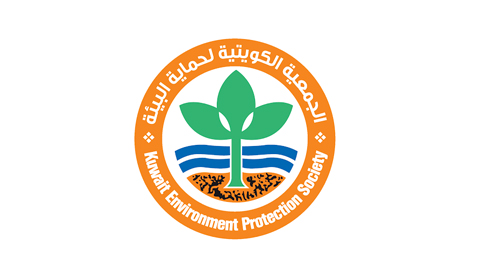KUWAIT: Kuwait Society for Environmental Protection (KEPS) urged the public to protect the environment during the national celebrations later this month. The society's secretary general Jenan Bahzad called for 'environmental discipline' and avoiding violations during this period. Bahzad added that seawater pollution by plastic and other non-decomposable materials will take long years to be dissolved. She added that 30 percent of the world's sea turtles and 90 percent of marine birds have been affected by such waste.
Bahzad added that desert camping also has negative environmental impacts. She said a single individual in Kuwait produces around 1.4 kg of waste daily, which usually increases during festive periods, costing the state budget around $255 million annually.
In addition, Bahzad noted that overgrazing, random movement of vehicles and heavy military equipment and spring camps had caused the disappearance of highly valuable plants from the wild, stressing that camping in a way that affects the soil is punishable by a fine of up to KD 5,000, plus mandatory removal of the waste. She added that plastic waste has a dangerous impact on desert life, as plastic bags take around 20 years to decompose. Bahzad added that revelers every year waste a day's freshwater supply to 14 housing units on the national anniversaries.
The administrative court had issued a verdict last December giving the cabinet the authority to ban the usage of water guns in National and Liberation Days' celebrations. The verdict was made in response to a case filed by lawyer Mona Al-Arbash demanding the ban for public interest, on grounds that thousands of water gallons are wasted every year during national celebrations, costing the country - which is already poor on natural water resources - a lot of money. Use of water guns and water cannons during national celebrations have become very popular in recent years after the government banned the use of spray foam for environmental reasons.
Mosques' charter
Minister of Justice and Minister of Awqaf and Islamic Affairs Fahd Al-Afasi issued a ministerial decision regulating mosques' work and enabling them to play their part in delivering awareness messages about moderation. Afasi added that the new charter came to help imams, preachers and muezzins do their jobs professionally on addressing and guiding the public. He added that the new charter includes four main parts addressing nature of work of imams, preachers and muezzins, the relations between them, their rights and responsibilities. He also noted that the charter includes penal measures to be taken in case of violations.
By Meshaal Al-Enezi











